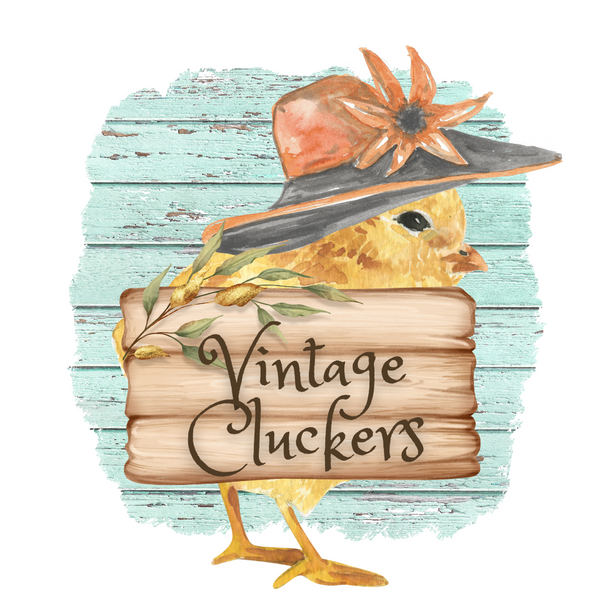One of the best parts of raising chickens is hatching baby chicks. These adorable balls of fluff can make even the worst days seem bright. There is so much advice out there on hatching, it can be hard to determine what's good advice and what's just opinion.
We have completed many successful hatches and there are a few things that have increased the ease of our hatches.
1. Hatching under a broody hen. Not all hens go broody, but if they do, take advantage and pop your fertile eggs under them. This is an effortless way to hatch those eggs. Just make sure you offer mama and her babies a safe space after hatch so none of the other hens (or your rooster) injure the chicks.

This is our sweet Olivia sitting on about 10 eggs. Her hen friends, Tatiana and Nellie, are checking in on her.
2. A good incubator is key. If you have to incubate your eggs, make sure you use a good incubator. Temperature and humidity are the most important factors when it comes to incubating fertile eggs, and many incubators on the market don't hold temperature properly, and/or show incorrect humidity. We recommend using a quality incubator like this one, and also adding your own temperature and humidity meter. An incubator with an automatic turner is a major plus. Remember to keep the incubator closed after day 18!

3. After hatch care. Chicks can go up to three days off of just the yolk they absorb before hatching. Leave the incubator closed until the chicks are dry and then move them into your brooder box. Your brooder box should have a heat source, food, and water. For a heat source, we highly suggest using a heating plate as opposed to a heat lamp. For food, we start our chicks with boiled egg yolk and steel cut oats put through the food processor. We feed that for three to five days and then switch to chick starter feed. For water, we use plastic chick waterers. The reason we use plastic is to prevent leeching if we find we need to add some apple cider vinegar to their water. They need to stay in the brooder until they are fully feathered, but even if you follow all the rules, you can sometimes still lose a chick or two. This is can happen for a variety of reasons, but the most common are failure to thrive and pasty butt.

Once your chicks are about two weeks old, you're past the point of common chick loss. This is when we evaluate our hatch and determine how successful our hatch was.
This is just the tip of the iceburg when it comes to hatching. Make sure to check out out Youtube, Facebook, Instagram, and Blog Section for more helpful chicken raising tips.
